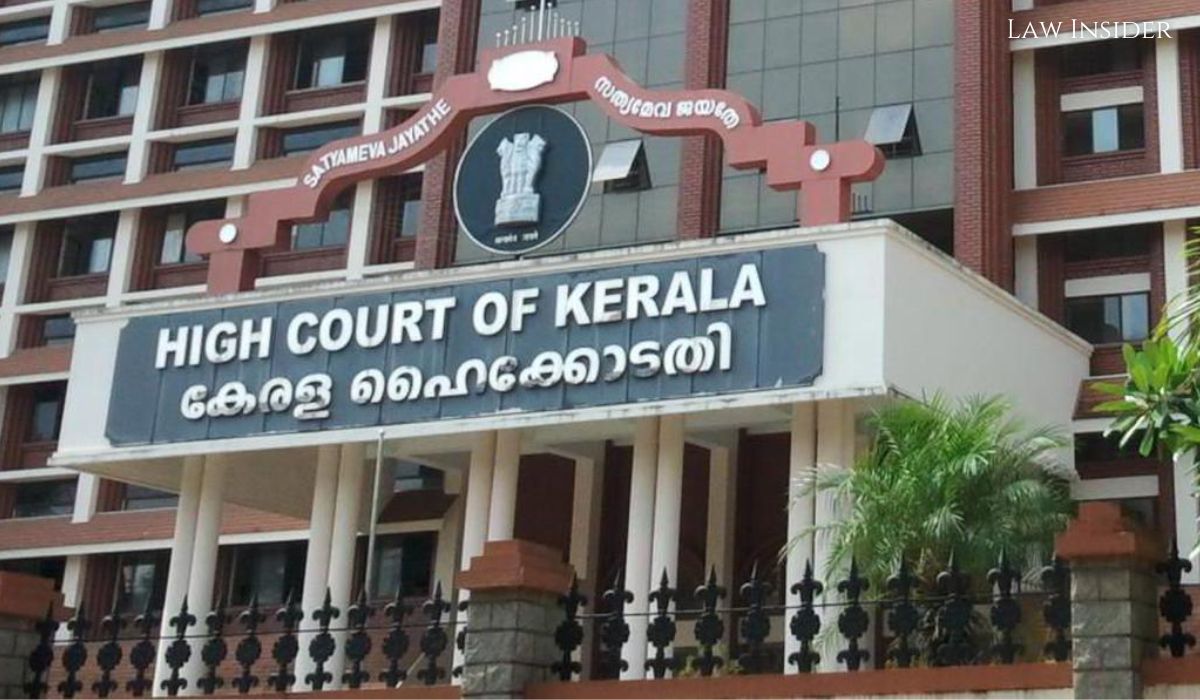LI Network
Published on: January 12, 2024 at 11:00 IST
The Kerala High Court has affirmed a Central Government Industrial Tribunal-Cum-Labour Court’s decision to reduce damages from 100% to 50%, stating that Section 14-B of the Employees’ Provident Funds and Miscellaneous Provisions Act (EPF) doesn’t explicitly mandate a 100% penalty imposition.
Section 14-B deals with the power to recover damages from an employer for defaulting on provident fund contributions. It authorizes officials to impose penalties on employers.
Justice Gopinath P remarked, “In the facts of the present case, the Tribunal has not set aside the damages under Section 14-B of the EPF Act. It has only reduced the quantum of penalty to 50%. This, in my view, is permissible even when the requirement of mens rea and/or actus reus is no longer a necessary ingredient for the levy of damages under Section 14-B of the EPF Act. It is to be noted that the provisions of Section 14-B of the EPF Act do not prescribe that a penalty at 100% is to be mandatorily imposed.”
The petitioners, the Central Board of Trustees of the Employees Provident Fund, challenged the Tribunal’s order reducing the penalty under Section 14-B. The Tribunal had lowered the penalty from 100% to 50%, prompting the petitioners to approach the High Court through a writ petition.
The petitioners’ counsel argued that the Tribunal had arbitrarily reduced the damages without any cause or reason. It was asserted that the employer had neglected its obligation to contribute to the fund, violating statutory law.
On the contrary, the respondents’ counsel contended that the Tribunal found the organization disputing its coverage and liability under the EPF Act. Referring to Supreme Court decisions, it was argued that a 100% penalty couldn’t be automatically imposed without mens rea or actus reus, conscious disregard of obligations under the EPF Act.
The Court emphasized that proof of mens rea or actus reus wasn’t a necessary condition for imposing damages. Citing Supreme Court decisions, it concluded that unless the statute explicitly required proving mens rea, intent need not be ascertained for damages imposition. Importantly, the Court clarified, “However, the said decision of the Supreme Court does not hold that 100% damages must be invariably imposed.”
The Court held that Section 14-B of the EPF Act doesn’t mandate a 100% penalty.
Consequently, the Court dismissed the writ petition, finding no illegality in the Tribunal’s decision to reduce damages from 100% to 50%.

